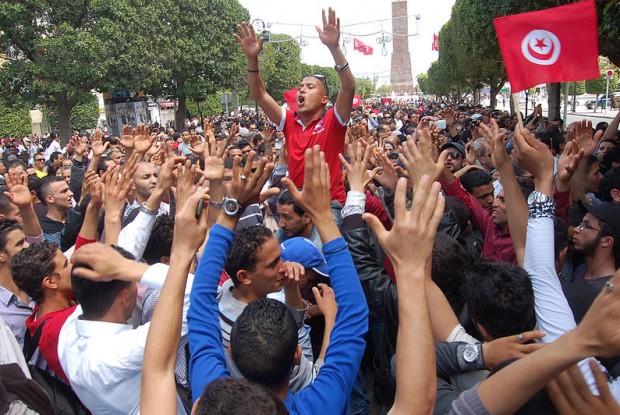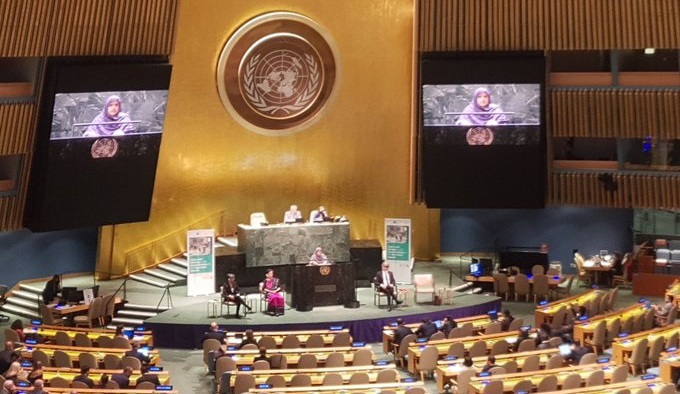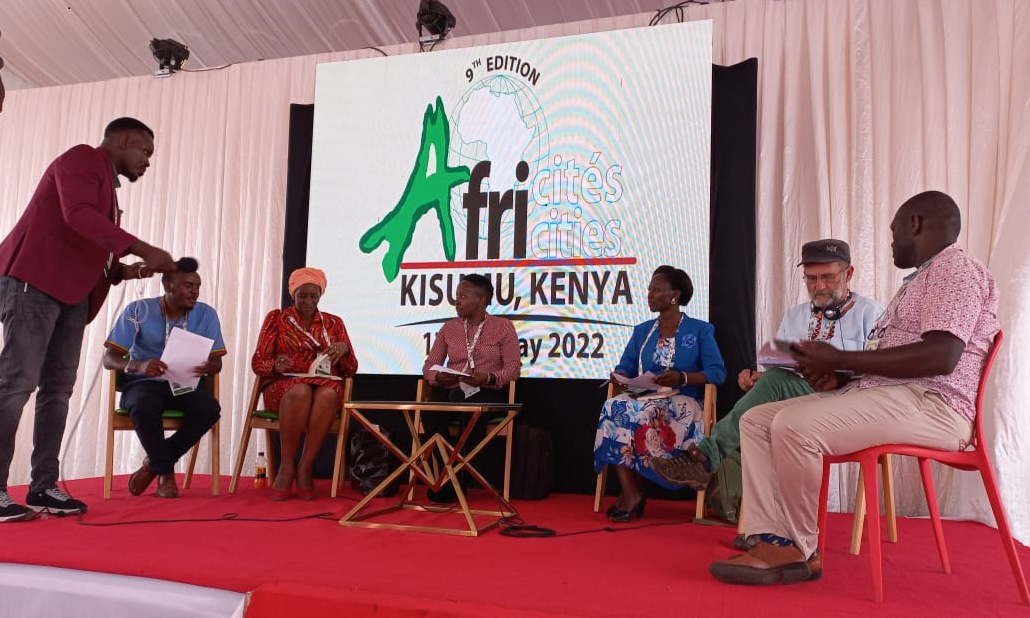
Dignity is a process that is socially constructed and
from our perspective, this construction is enhanced especially when resistance
processes rise and become alternatives. We can comprehend this resistance under
the Foucauldian perspective of power relations, while stating that “where there
is power there is resistance”. From this
approach we find the existence of a “disciplinary society”,
consisting of a network of devices and applications that produce and regulate
both habits and customs as social practices. Today we understand this
disciplinary society from the perspective of the hegemonic neoliberal society
and the political project behind it, which it imposes globally. We must also
understand how resistances are brought out in the context of a concept of power
understood as a “network of relationships” rather than an object.
Resistance is nullified or made invisible
by those in power, preferring to talk about resilience, especially under the
official rhetoric, both from governments as international organizations like
the UN. The poor should be “resilient” is constantly repeated, but
the poor themselves are repressed and contested
when they seem “reluctant” to the austerity policies (or
structural adjustment), abuses, lack of democracy, corruption, ultimately to
oppression. It is then that collective action processes can be understood as
resistances, in different degrees. Resistances to an ideological, political,
economic, social and cultural model. Social movements besides often also acting
resiliently, while adapting and recovering from various situations of
oppression initiate “practices of resistance” from everyday life.
Resistance is not reactive nor negative, but an ongoing process of creation and
transformation.
The concept of resilience in many cases neutralizes
the potential for conflict, therefor we confront the concepts of resilience and
resistance especially from the action of organized social actors: social
movements. To understand these dialectical relationships between resilience and
resistance in the territory, it is necessary to identify the practices of the actors,
especially understanding conflict as an opportunity for transformation, as a
process of emancipation
There is a time when social movements
“evolve” and move from protest-welfare logic, and begin to develop
practical alternatives to the hegemonic model, always starting from the
territories, as a true self-determination of dignity. These processes could be
understood as collective alienations, which are often linked to “dignifying”
practices rendering the construction of autonomy and self-management processes.
There are many worldly examples, especially since 2011: the occupation of
squares and streets in protests in Tunis, Cairo, Madrid, Barcelona, New York,
Santiago-Chile, Lisbon; land occupations of the landless in Brazil, of the
people in Chile, Dakar; factory recovery and self-management by workers in
Argentina, Greece and France; the housing cooperatives in Uruguay, Canada and
Chile; rallies in high schools and universities by their students in Chile,
Quebec, Spain, Greece, Portugal, among many others. Central to all these
processes is space, territorial organization, therefore we are referring to
territorial emancipation. Finally when we speak of dignity we refer to the
exercise and the conquest of justice. There will be no dignity without resistances,
these resistances build alternatives from the collective alienations and
emancipatory processes, from the territories of dignity.
1. Letters on Dignity and
Democracy written by a working group of participants to the workshop of Popular
University of Social Movements (UPMS) held in Tunis on 24-25 March
2013.Download in http://alice.ces.uc.pt/en/index.php/democratising-democracy/letters-from-tunis-on-dignity-and-democracy/?lang=en


